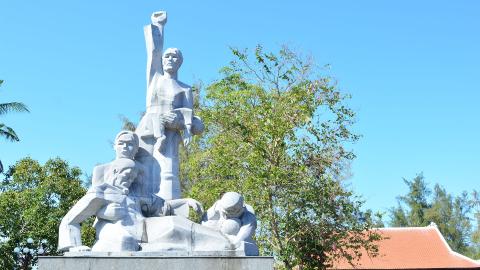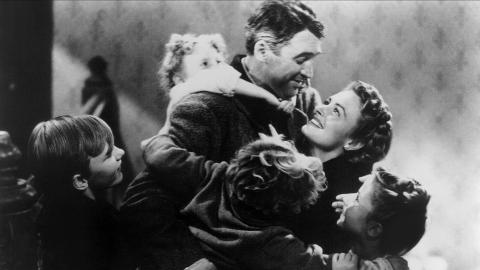Meaningful discovery: developing your family tree
The magic of genealogy is that it’s an on-going odyssey into the past. This ever-evolving exploration of your family’s history will continue to yield fascinating discoveries and revelations the deeper you go. To put it another way, the more effort you put into developing your family tree, the more you’ll get out of it. Exploring your family history will soon become a life-long passion project.
We’ve already taken a look at the initial steps you can take to create your family tree with Ancestry, but how you can develop the structure of your tree and add to your understanding of distant (and not so distant) relatives?
Well, Ancestry’s records archive is an immense ocean of information into which you can take a very deep dive. With just a couple of clicks (or taps), you’ll be able to survey this sprawling resource. The ‘Search’ tab will open up options to consider, such as birth certificates, military records, immigration documents, wills and electoral rolls. All of these sub-types of records have an important part to play in enhancing your family tree.
For Simon Pearce, a genealogist at Ancestry, occupation records including post office workers, TFL workers and medical workers have been a particularly fruitful and fascinating source of information. Doing research into his own family, he discovered one of his ancestors was a nurse, and this was a poignant reminder of how embarking on the genealogical process can tease out the stories of women’s lives through time – stories that are too often obscured and overshadowed in male-centric re-tellings of history.
For Simon, these kinds of occupational records can really add ‘that extra level’ to your family’s backstory. As he puts it, ‘You might come across a census or birth, marriage or death record which lists people’s occupations, and that’s fantastic. But when you have a railway record or a post office record which actually tells you when someone started their job, where they were working specifically, or any comments when they left… I find those records really, really interesting.’
This kind of extra detail can make all the difference to your family tree, especially if the occupation records feature physical descriptions of your ancestors, not to mention employer assessments and appraisals, which can give you an intimate indication of them as human beings, rather than just names on historic slips of paper.
Criminal records are a similarly juicy resource, shedding light on any black sheep you might have in your family. Intrepid genealogists should also make a bee-line for immigration and emigration records, which include passengers lists on ships and other detailed documents that evoke a by-gone world. By cleverly cross-referencing criminal records, travel records and newspaper records, you can get stuck into some deeply satisfying detective work bringing forth jaw-dropping results.
‘Quite often you’ll see individuals that leave the UK in the early to mid-20th Century and they settle in Canada or Australia or maybe go to America. They might get into a little bit of trouble and you can track them in the newspapers, and see maybe they’ve committed bigamy or had trouble with the police,’ Simon says. ‘Even if they adopt an alias, sometimes you just see a little clue, whether it’s a mother’s maiden name or a first name, or some little detail they’ve kept hold of like a date of birth, that links back to their old life in the UK that helps you pin them down.’
As well as being an invaluable archive you can use for your own personal research, Ancestry also lets you utilise the work done by other members who’ve opted to make their own family trees publicly available. This is effectively crowd-sourced genealogy, and you can literally scour these public trees just as you would any of the historical documents on the site, by searching for the names, jobs, locations and other keywords relevant to your ancestors. This way, you may come across tantalising trees that overlap with your own, and discover surprising documents someone else may have uploaded about your grandparents or great-grandparents, say.
‘Someone might have a photograph, for example,’ Simon says, ‘or a unique record such an extract from a family Bible.’ With a click or a tap, you can save information from other trees onto your own. You can even message the owners of publicly available trees to share information and enhance each other’s journeys.
The community aspect of Ancestry extends to the official Facebook page, where members offer inspiring insights and proactive guidance. The communal passion is infectious, and many amateur genealogists find they get hooked on the problem-solving aspect of the quest, piecing together historical jigsaw pieces to create an intricate portrait of their families, way beyond parents and grandparents. Simon sums it up neatly: ‘It’s about learning where you come from, and connecting to the past.’
If you’d like to learn more about your family history and develop your family tree, sign up to Ancestry’s 14-day free trial and take the first steps in getting to know the people in your past.It’s about learning where you come from, and connecting to the past.
















